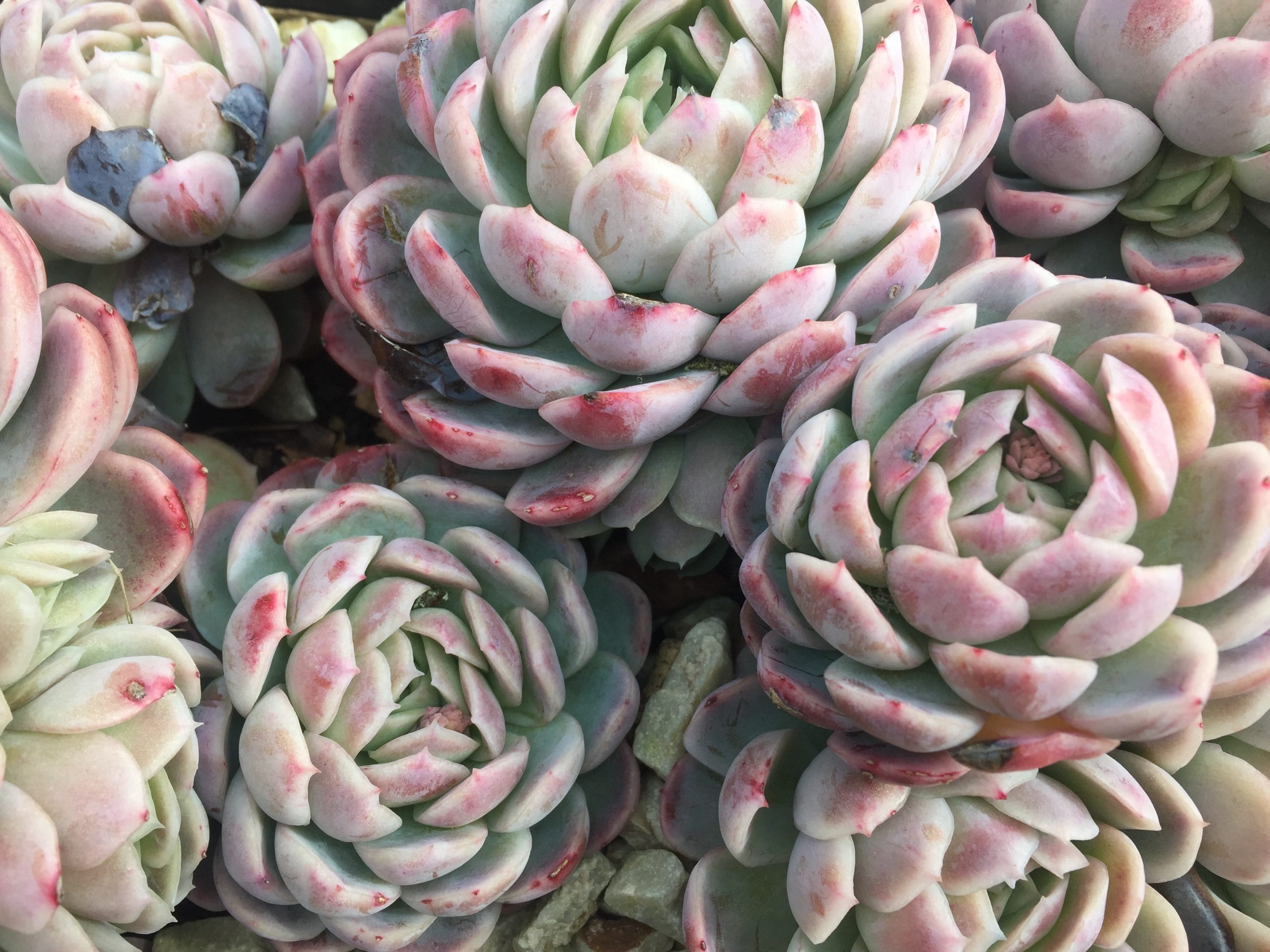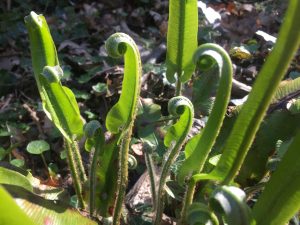If you have been able to get out and about in Nature recently have you noticed the effect it can have on your general sense of wellbeing? Do you feel calmer, less stressed, more grounded and with an enhanced sense of wellbeing?
If the answer to any of these questions is ‘yes’ (and I hope it is!) then you may have been benefiting from the healing power of ‘fractals’. These are patterns in nature – clouds, raindrops, trees, leaves, lakes and streams, light refraction – that humans respond to in a positive way.
In fact research shows that individuals can recover from a stressful experience 60% more quickly if shown images containing fractal patterns.
A mathematician – Benoit Mandelbrot – first coined the name fractal believing that our visual system is hard-wired to respond to these patterns. He discovered that when we look at fractals we get a spike in alpha-wave brain activity which is present when we are in ‘thrive’ state as opposed to a ‘stressed’ state. Brain scans taken when participants were looking at fractal images showed that the para-hippocampus area of the brain is activated allowing us to process and regulate emotions.
During lockdown many people have discovered the joy of plants whether it be tending a few pot plants on a windowsill or enjoying an outside space: a balcony, courtyard or garden. Tending your plants can bring a sense of wellbeing and positive emotions.
Researchers in the UK have discovered that being exposed to nature increases heart rate variability (HRV). Whilst it is generally assumed that the heart should beat in an unvaried rhythm, it has been shown that a variability in the heart beat rhythm shows that we can adapt to stress situations and cope better as a result. Low HRV is a sign that we are in ‘fight or flight’ mode rather than ‘rest and digest’. Continued chronic stress can lead to multiple health problems including poor cardiovascular health, insulin resistance, inflammation and neurological symptoms.
Forest Bathing
In Japan ‘forest bathing’ – ‘Shinrinyoku’ – is encouraged to help deal with stress. It is believed that tress emit powerful essential oils that the tree themselves have developed as a protective mechanism against microbial attack.
Several studies show that ‘forest bathers’ experience lower blood pressure and reduced cortisol levels; reduced anxiety; improved sleep quality and overall improvements in mood and sense of wellbeing.
It can even boost the number of natural killer cells, a type of white blood cell that helps fight infection.
So whilst we prepare to start going back to work, school and our ‘normal’ activities, don’t forget to carry on enjoying nature in whatever way you can – stepping outside for a few minutes and becoming aware of your surroundings – the clouds in the sky, the sound of birds singing or even the rain falling.
We owe it to ourselves to try to emerge from these extraordinary times with some positive experiences to help us move forwards.
https://www.ncbi.nlm.nih.gov/pmc/articles/PMC2793341/
https://www.ncbi.nlm.nih.gov/pmc/articles/PMC5900369/





